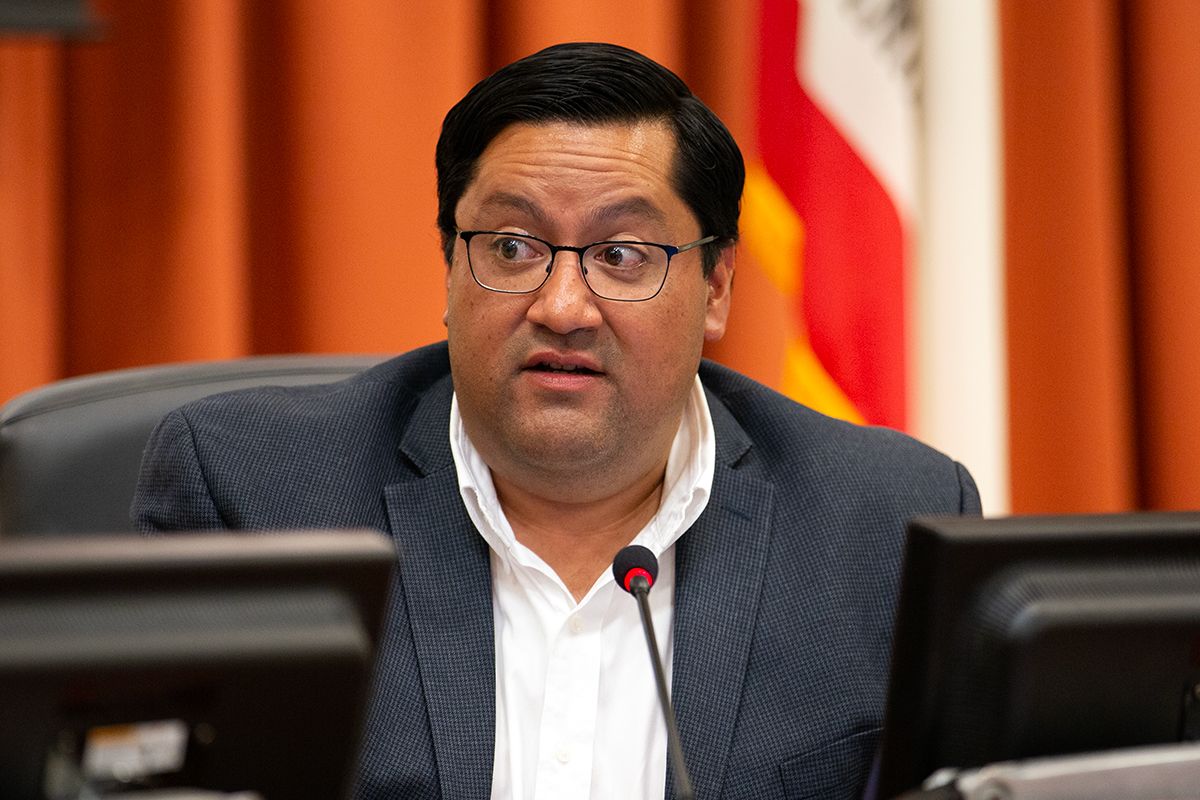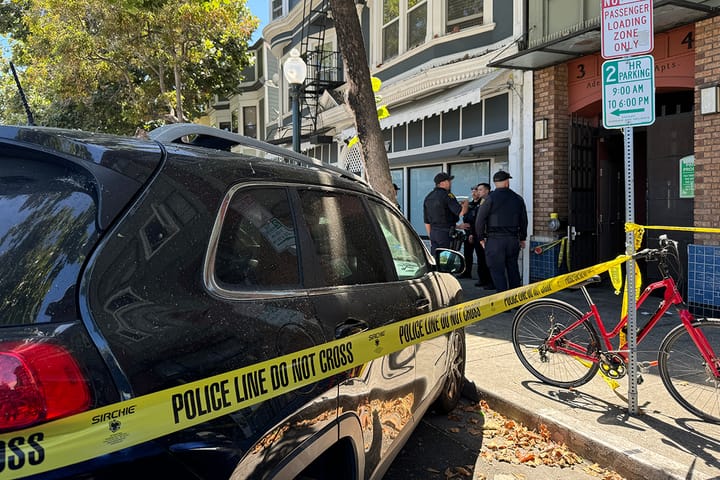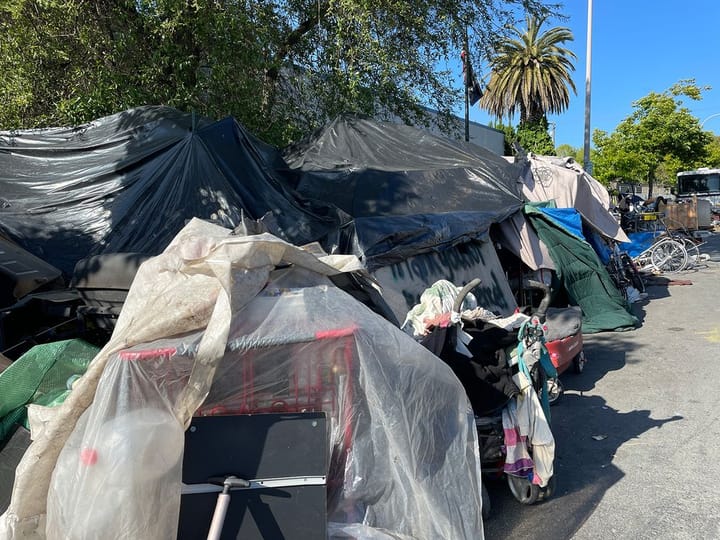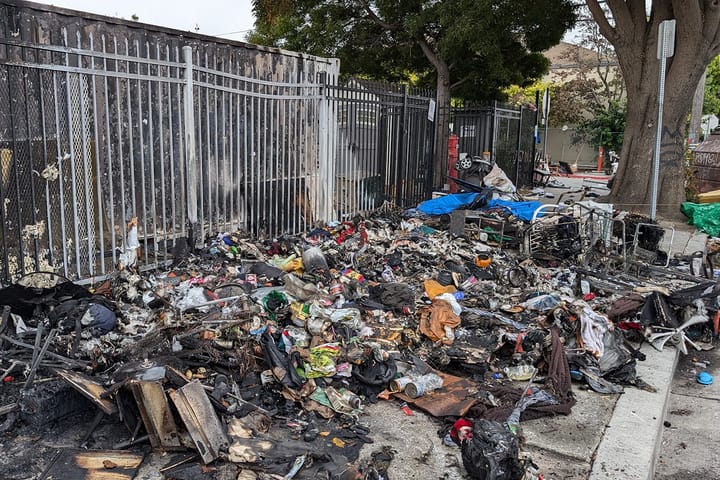Berkeley approves 'challenging' budget for the next 2 years
"We had to really struggle to close this deficit," said Councilwoman Rashi Kesarwani. "We can't do that every time."
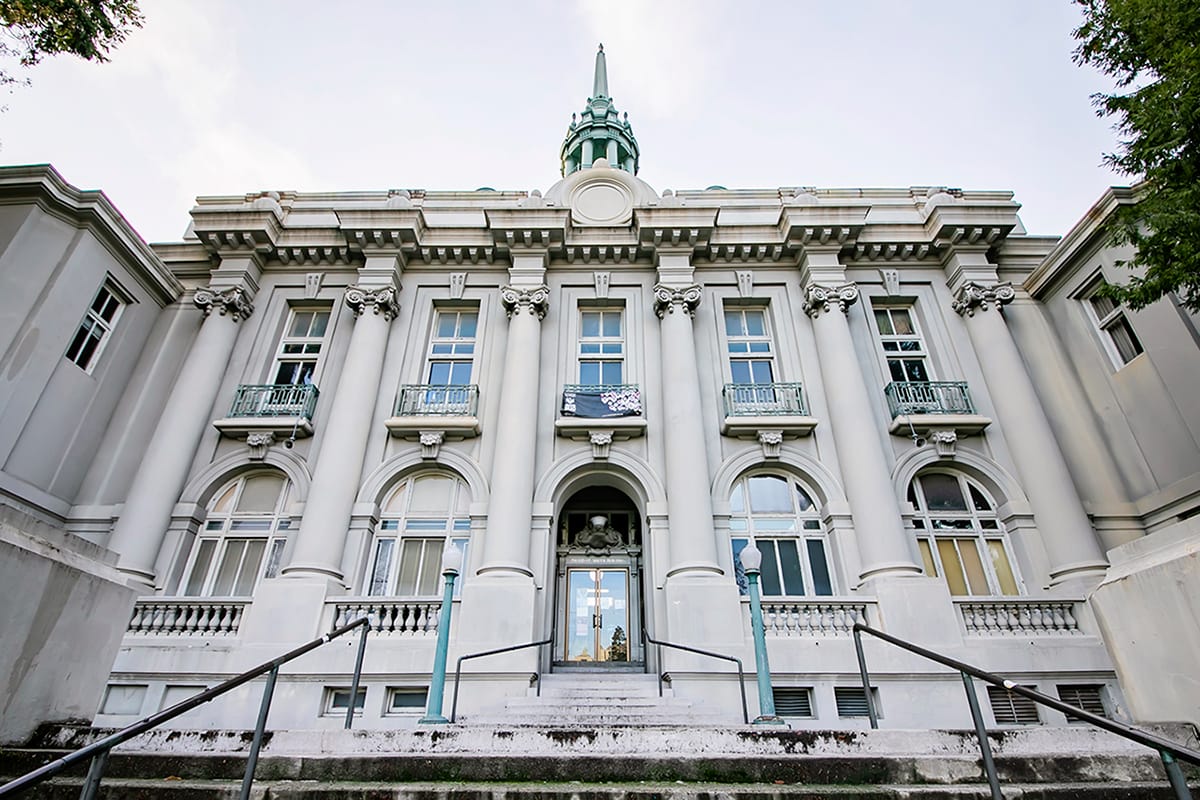
The Berkeley City Council approved a balanced biennial budget last week, thanks largely to "aggressive budget solutions" and one-time strategies, officials said.
"We had to really struggle to close this deficit," said Councilwoman Rashi Kesarwani before the vote Tuesday night. "We can't do that every time."
The budget vote was unanimous but the discussion that preceded it was at times testy, with some officials arguing over how to characterize the challenges the city has faced.
In the end, however, council members approved about $780 million in expenditures this coming fiscal year, with continuing investments in police and fire services, substantial spending to address housing and homelessness, and some "11th hour" financial decisions to help struggling community groups.
"This was a very challenging budget to develop," said Mayor Jesse Arreguín.
That's been true throughout the region, he added, as many jurisdictions have had to deal with growing costs in the face of decreased revenue projections.
"A city in recovery"
To start the discussion, city budget manager Sharon Friedrichsen described how staff had come up with a balanced budget by "prioritizing on criticality."
Along those lines, she said, the city plans to withhold contributions to its reserves and workers' compensation fund while dipping into its pension fund and using an $11 million fund balance to bridge the gap between revenues and expenditures.
Friedrichsen said the city also expects to see savings from vacancies in the police and fire departments. But overtime spending needed to staff police and fire shifts will eat into the savings, she cautioned.
Councilwoman Kesarwani spoke at length about the "heartburn" she had experienced this budget season.
"We are using very aggressive budget solutions that we have not used in the past," she said.
Kesarwani said the city's solutions would create a structural deficit that would force the city to go to the voters to close the gap through new ballot measures.
Several council members said they appreciated Kesarwani's focus on fiscal responsibility but also saw reasons for optimism.
Councilwoman Sophie Hahn said she saw the proposed budget as the path toward economic recovery and disagreed with Kesarwani's framing "quite vehemently."
"We are a city in recovery from a huge economic event," Hahn said. "And, by the way, we are doing way better than many, many cities. We have managed our money very prudently."
Councilman Ben Bartlett said he agreed with Hahn that more flush times are ahead, noting that the city is setting itself up for a "windfall budget" due to various policy work, particularly on the housing front.
"People are in dire need and we see it every day on our streets," he said.
Housing and homeless services see large infusions
The City Council's biggest earmark from its own list of priority projects was $10 million over the next two years for the "small sites program" to buy and rehabilitate properties with the help of the Bay Area Community Land Trust.
Program supporters — organizers and tenants alike — spoke passionately about how it has helped fight gentrification and given stability to longtime residents, including some whose families go back generations.
They also noted that the approach is much cheaper than new housing.
Officials also voted to give more than $10 million in the next year alone to community groups focused on addressing homelessness, including through shelter beds and supportive housing.
According to Tuesday night's agenda materials, community groups are set to receive more than $20 million (including the money for homelessness) in the next fiscal year.
It's a substantial sum — but appears to be a 19% reduction in funding for these groups, according to agenda materials. That issue was not addressed in detail Tuesday night.
Officials also discussed longstanding challenges in determining which groups to support, particularly as some go through a competitive process while others rise up in the "11th hour," raising questions of equity.
On Tuesday night, the City Council agreed that all the groups that receive city support should, at the very least, provide annual financial reports to make it clear how city money was spent.
"It's responsible and I think that it's the right thing to do," Councilwoman Susan Wengraf said.
How much is the Berkeley city budget for FY25 and FY26?
Fiscal year 2024-25 — FY25 for short — begins today, July 1.
On Tuesday night, the Berkeley City Council approved the budget for the next two fiscal years.
The two-year budget is designed to promote the city's "long-term fiscal health and allow for "multi-year planning," in line with the city's adopted budget policies.
Over the next two fiscal years, the city is projected to spend about $1.5 billion: $375 million on Public Works, $271 million on Health, Housing & Community Services, $193 million on police and $148 million on fire services.
Other departmental spending over the next two years includes Parks, Recreation & Waterfront at $95 million, the planning department at $67 million, the Berkeley Public Library at $59 million, Economic Development at $25 million and the Rent Board at $17 million.
Another $155 million in spending is classified as non-departmental with $143 million allocated for general government services over the next two years.
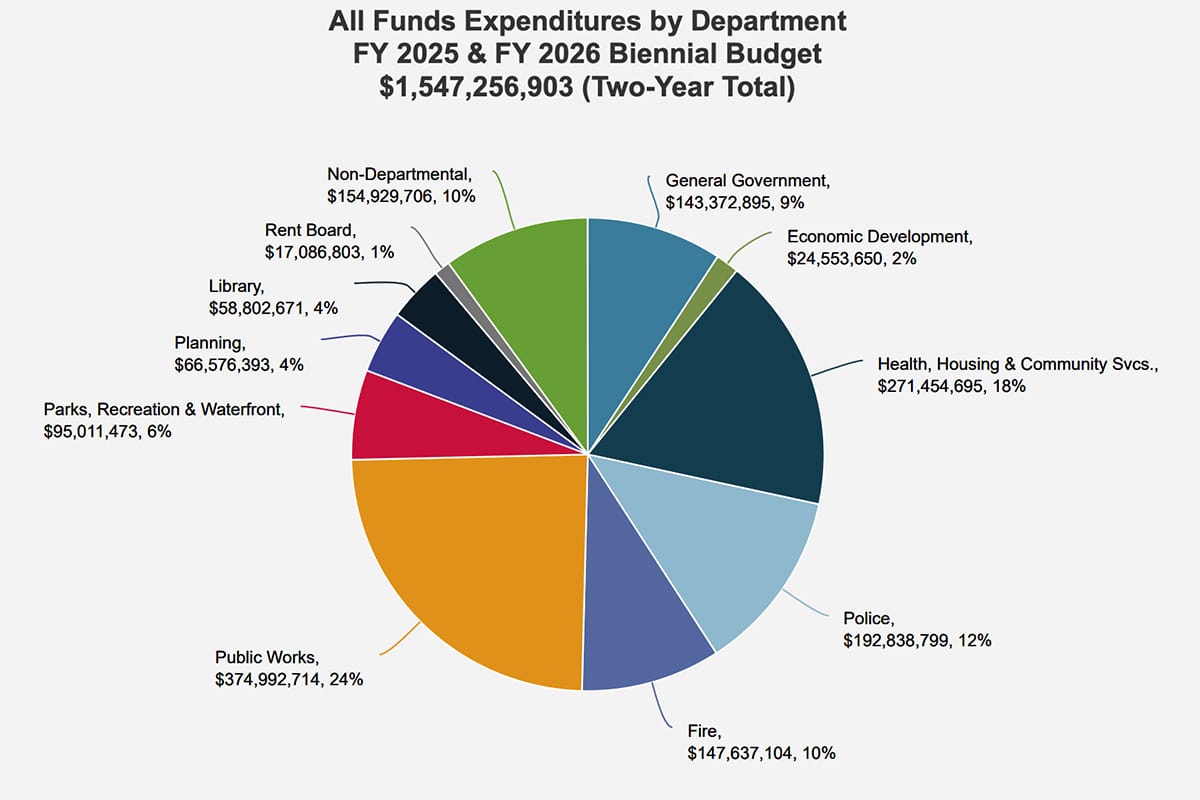
Berkeley police budget, FY25 and FY26
The Berkeley police budget for the next two fiscal years totals about $193 million. About $176 million of that is slated to be spent on staffing.
Of the total budget, BPD is projected to spend about $103 million on patrol staffing; $41 million on its investigative division, which includes detectives, the Traffic Bureau, parking enforcement and the Crime Scene Unit; and $37 million on support services, which include the dispatch center (for police and fire), jail, records, evidence technicians and more.
The approved budget for Berkeley police in the next two years includes $300,000 for recruitment; $200,000 in Fair and Impartial Policing training designed to reduce racial inequities; and $200,000 for an Early Intervention System to help spot and track those inequities.
As part of its reimagining policing effort, the city budgeted $420,000 for Violence Prevention and Youth Services work overseen by the city manager's office.
Along those same lines, officials also voted, in response to a Taplin proposal, to give $300,000 to the Berkeley Junior Jackets, a youth football and cheer program that includes training in life skills, violence prevention, leadership, mentoring and related skills.
Berkeley surveillance cameras get a boost
The budget vote, which took place Tuesday shortly before midnight, included $150,000 for new surveillance cameras in Ben Bartlett's District 3 (South Berkeley) and Mark Humbert's neighboring District 8 (the Claremont-Elmwood neighborhood).
The cameras will be part of a larger system council already approved — but that has been slow to get off the ground.
Berkeley police will be able to use the cameras to help solve crimes and investigate serious traffic collisions.
The broader effort took a major step forward Tuesday night when council approved an $850,000 contract, separate from the budget vote, to install the new cameras.
Councilwoman Cecilia Lunaparra, who was elected in April to the District 7 seat in Southside Berkeley, said she appreciated all the work that had gone into the contract. But she said she would be voting no.
Lunaparra said the city's initial plan had been a pilot camera program, which was now being expanded without any data and despite the concerns of the Police Accountability Board and its director.
"I am really disappointed that our city has increasingly turned to public surveillance as a method of public safety," she said. "The increasing normalization of public owned surveillance technology is what really disturbs me."
Councilwoman Sophie Hahn joined herself to Lunaparra's remarks and abstained from the surveillance camera contract vote.
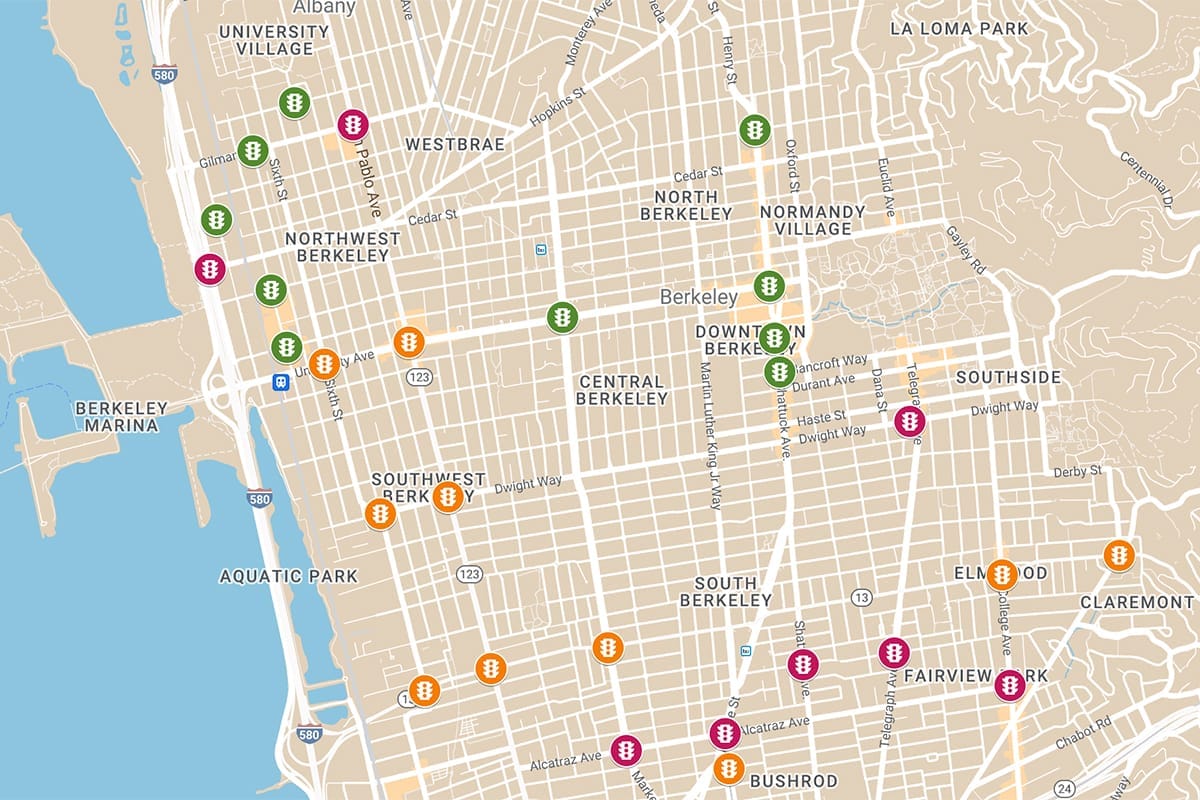
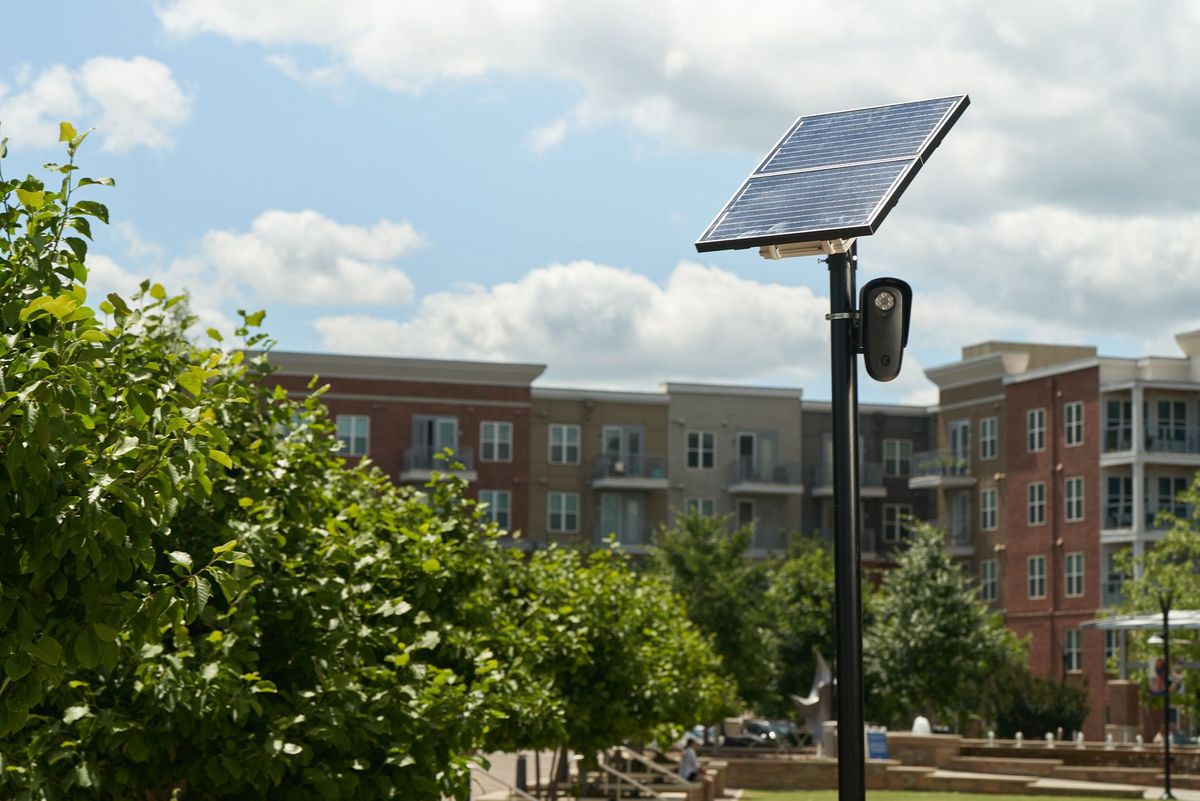
Berkeley Fire Department budget, FY25 and FY26
The Berkeley Fire Department's adopted budget for the next two years is about $148 million with about $112 million to be spent on staffing.
Of the total budget, about $120 million is set to be spent on daily fire and medical operations while close to $15 million has been set aside for fire prevention, Wildland Urban Interface programs and special operations such as the Office of Emergency Services.
Unlike the police budget, which comes almost entirely from the city's General Fund, the BFD budget includes nearly $50 million in funding from other sources, including ballot measures FF and GG, property taxes related to paramedic services and the UC Berkeley settlement fund.
Tuesday night's vote included more than $1 million over the next two years to pay for equipment and safety gear for BFD as well as recruitment efforts.
A proposal from Councilwoman Sophie Hahn, to allocate $459,000 for the CARE wellness program for firefighters, was also approved.
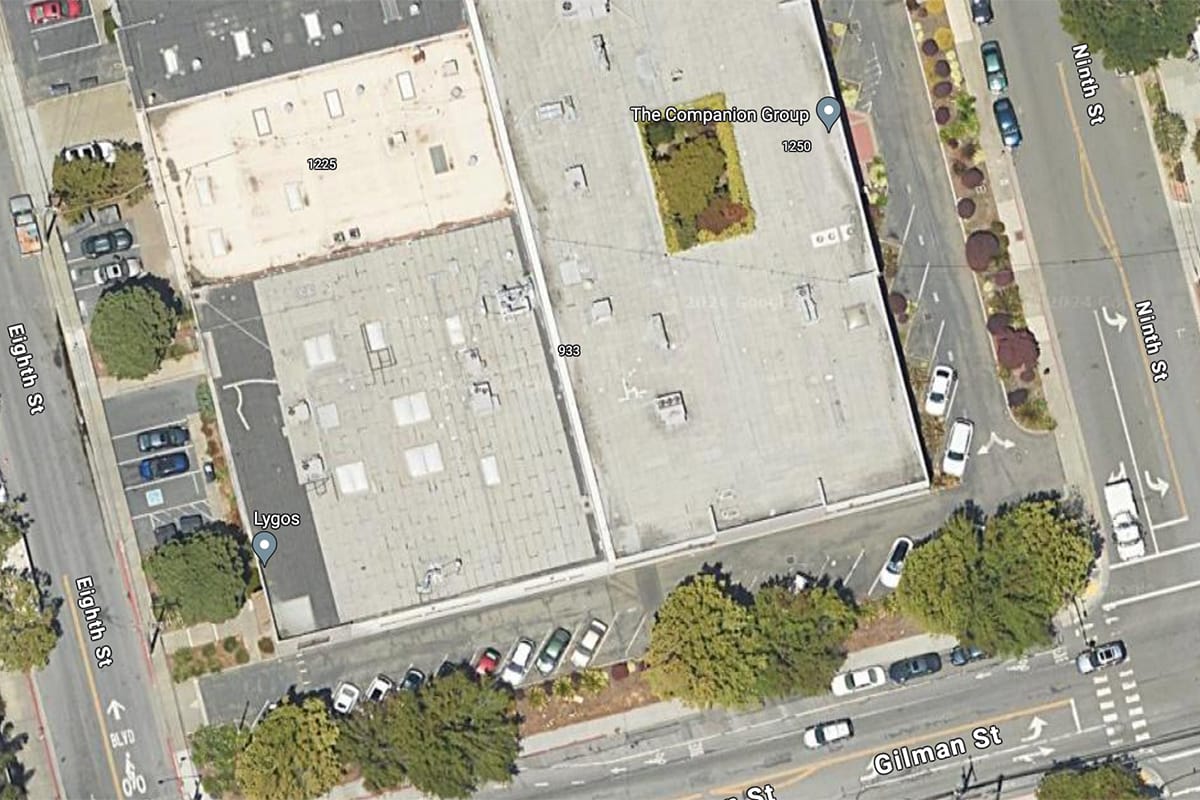
Spotlight on Berkeley traffic safety
Officials voted Tuesday to fund several traffic safety proposals put forward by council members: $200,000 for Vision Zero "rapid response" projects on bicycle boulevards, from Terry Taplin and Mark Humbert; $70,000 for pedestrian safety efforts on Euclid Avenue, from Wengraf, Taplin and Hahn; and $44,000 for a crossing guard for Cragmont Elementary, a Wengraf proposal.
They also allocated money for a new BFD staffer who will focus on street trauma prevention.
Read more about traffic safety in Berkeley.
That dedicated street trauma work within BFD would be new to the city and could serve as a national model, supporters have said.
In a letter to council, advocacy group Walk Bike Berkeley said the new staffer will help with the city's Vision Zero work to end serious and fatal traffic collisions and be well placed in November if voters approve a ballot measure designed to fix Berkeley's longstanding street paving woes, tackle more traffic safety projects, repair city sidewalks and more.
Read more about street paving on the city website.
Walk Bike Berkeley also applauded council's decision to set aside $240,000 from ride-share taxes over the next two fiscal years for traffic-calming projects to help cyclists and pedestrians.
Looking forward, Walk Bike Berkeley also called out traffic safety proposals that could be funded later this year, including $250,000 for a Vision Zero consultant, $200,000 for pedestrian safety work on upper Marin Avenue (where jogger Julia Elkin was killed) and $150,000 to improve mobility on University Avenue, Shattuck Avenue and Oxford Street.
A historic night for the Berkeley City Council
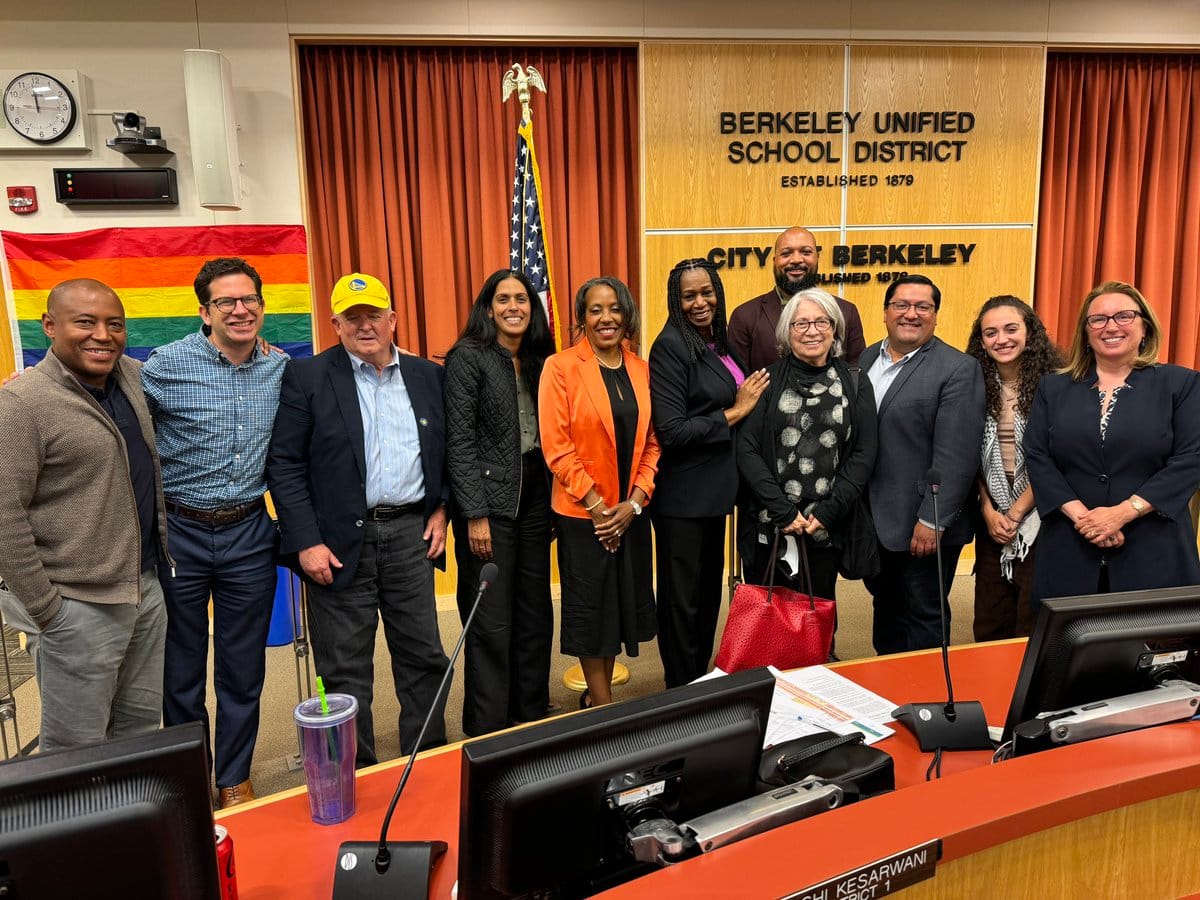
In addition to the budget vote, Tuesday's council meeting was significant for a number of other reasons.
For one, Mayor Arreguín said it was the first time the entire City Council had been together in months.
Arreguín, who is seeking higher office and appears to be the frontrunner for the District 7 State Senate seat, also pointed out that it would be his final biennial budget vote in Berkeley, where he's been on the dais for over a decade.
For other council members, Tuesday night marked the start of their City Council journey: It was the first budget vote for Southside's Lunaparra and for Igor Tregub, who took office just last week serving downtown Berkeley voters (District 4).
"I ran on a platform of building bridges and healing divides," Tregub said. "Our community has faced its fair share of divides. But, when I think of Berkeley, when I think of the community, the village, that has raised me for half of my life, that has given me a home, I have nothing but optimism for our bright future ahead."
We've stopped by #berkmtg tonight. Council is set to vote on the budget. Tons of support here from Local 1021. The clerk is swearing in @IgorTregub for his first regular City Council meeting. The mayor thanks him for "20 years of service to our city." pic.twitter.com/zkb9ORjU42
— The Berkeley Scanner (@BerkeleyScanner) June 26, 2024
Tuesday was also the last council meeting for outgoing City Manager Dee Williams-Ridley.
The evening began with council members thanking her for her years of service and welcoming Interim City Manager LaTanya Bellow to that role.
Bellow will serve in the interim capacity until incoming City Manager Paul Buddenhagen takes charge in September.
Mayor Arreguín described Williams-Ridley as a nationally recognized leader while Sophie Hahn complimented her crisis management skills, whether the issue was COVID, extreme weather or high-profile political clashes.
"Our city was heroic under your leadership," Hahn said, adding that Berkeley's 45% reduction in unsheltered homelessness had been "a signature" of Williams-Ridley's time at the helm.
Councilman Terry Taplin thanked Williams-Ridley for her guidance and mentorship and "all the times you talked me back from the ledge."
"It has been the honor of my life to serve the city beside you," he told her.
Just part of the huge turnout tonight for city workers from @seiu1021. They say they have been calling for open bargaining for the last two months. "Fund city services, not union busting," one sign reads. There's also an overflow room for tonight's massive crowd. #berkmtg pic.twitter.com/tpqc0P2PUd
— The Berkeley Scanner (@BerkeleyScanner) June 26, 2024
Arreguín said he hoped Williams-Ridley would keep an eye on Berkeley council meetings and encouraged her to watch them on Zoom.
She respectfully declined.
"I'm not doing that," she told him, adding that she was finally ready to get some rest after eight years working for the city.
After she spoke, everyone in the room burst into applause and gave Williams-Ridley a standing ovation.
"You guys have totally inspired me," she said, thanking the City Council, the entire city staff and also her leadership team for all the work they had done. "You are an amazing city and the world knows it and respects you."
See budget documents on the Berkeley city website including the full Proposed Biennial Budget for FY 2025 and 2026. X users can see The Scanner's thread of budget highlights from the June 25 meeting.
Related coverage
